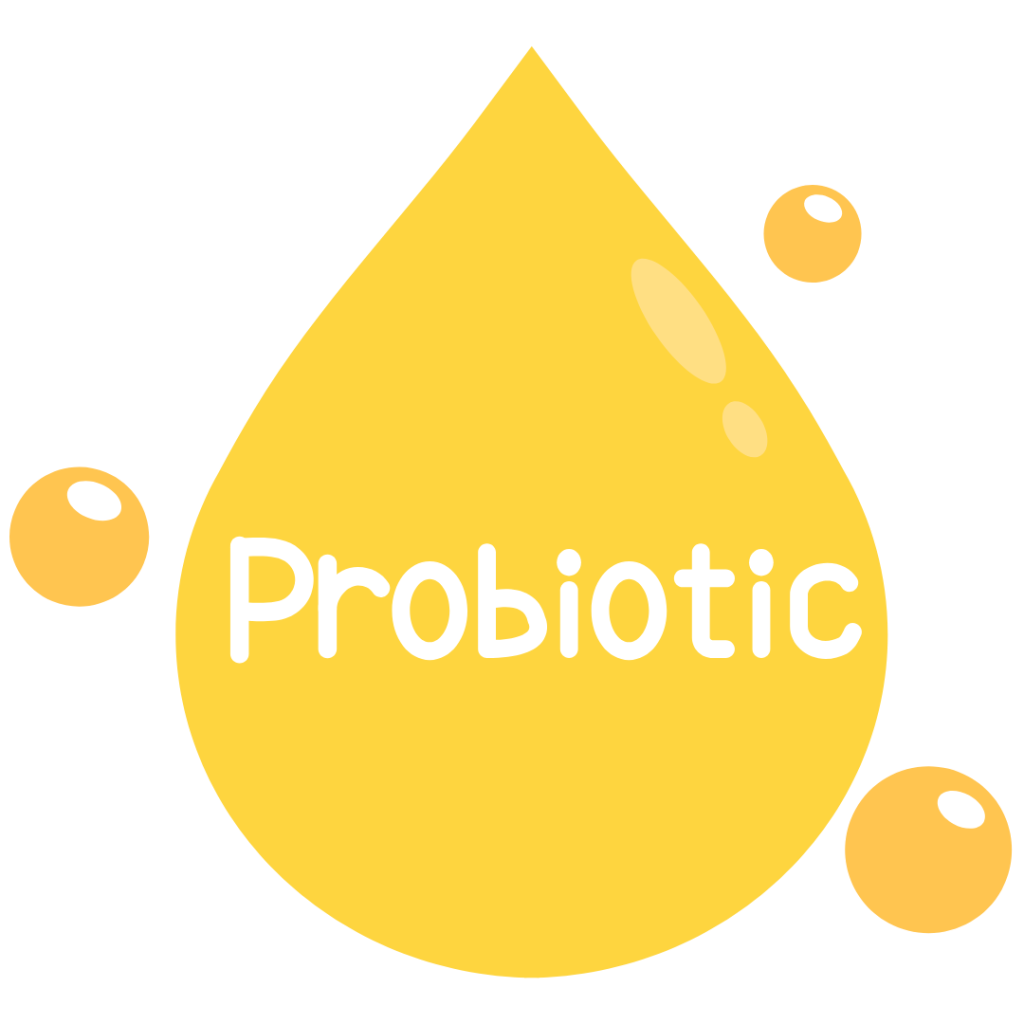Probiotics 101: An Easy Beginner’s Guide

In the world of wellness, probiotics have become a buzzword — but what exactly are they, and why are they so important? Whether you’re dealing with digestive discomfort or just looking to optimize your overall health, understanding probiotics is a great place to start. Welcome to Probiotics 101, your beginner’s guide to the tiny organisms that can make a big difference in your gut and beyond.
What Are Probiotics?
Probiotics are live microorganisms — primarily bacteria and yeasts — that are beneficial to your health, especially your digestive system. Often called “good” or “friendly” bacteria, these tiny bacteria helps keep your gut microbiome balanced.
Your gut microbiome is home to trillions of microorganisms, both good and bad. When the balance of these organisms is disrupted — due to stress, antibiotics, poor diet, or illness — it can lead to digestive issues, weakened immunity, and even mood disturbances. Probiotics help restore and maintain this balance.

How Does Probiotics Help with Digestion?
Your digestive system is a complex machine, and probiotics play several key roles in keeping it running smoothly:
1. Breaks Down Food
Some strains help break down complex carbohydrates, fiber, and proteins that your body struggles to digest on its own. This helps your body absorb nutrients more efficiently.
2. Prevents Diarrhea and Constipation
They can help prevent or reduce the severity of diarrhea, especially after taking antibiotics, which often wipe out both bad and good bacteria. Certain strains can also help regulate bowel movements and relieve constipation.
3. Supports Enzyme Production
They help encourage the production of digestive enzymes that assist in breaking down food particles in the stomach and small intestine, aiding smoother digestion.
The Relationship Between Probiotics and Gut Health
A healthy gut does more than just digest food — it’s closely linked to immunity, inflammation, weight management, and even brain health.
1. Strengthens the Gut Barrier
They help maintain the integrity of the gut lining, which prevents harmful substances from leaking into the bloodstream — a condition sometimes referred to as “leaky gut.”
2. Outcompets Harmful Bacteria
By populating your gut with good bacteria, probiotics create a hostile environment for bad bacteria, yeast, and pathogens, helping to reduce the risk of infections and chronic inflammation.
3. Reduces Bloating and Gas
An imbalanced microbiome can lead to excessive gas production and bloating. Probiotics help regulate fermentation in the gut, leading to a calmer digestive process.
Some strains help break down complex carbohydrates, fiber, and proteins that your body struggles to digest on its own. This helps your body absorb nutrients more efficiently.
4. Modulates Immune Function
About 70% of your immune system resides in your gut. These tiny bacteria help regulate immune responses and reduce overactive inflammation that could otherwise lead to autoimmune issues or chronic conditions.
Note: Probiotics are not a substitute for medical treatments.
Types of Probiotics
There are many strains of probiotics, each with its own benefits. Some of the most well-researched include:
- Lactobacillus – Commonly found in yogurt and fermented foods. Helpful for diarrhea, lactose digestion, and immune support.
- Bifidobacterium – Found in some dairy products. Supports gut health and immunity.
- Saccharomyces boulardii – A beneficial yeast that helps prevent and treat diarrhea.
- Streptococcus thermophilus – Aids in digestion and supports a healthy gut lining.
These strains are well-known for their role in improving digestive health and boosting the immune system.
Are Probiotics Safe?

For most people, it is considered safe and generally well-tolerated. However, people with weakened immune systems or serious health conditions should consult a healthcare provider before starting a supplement.
Some may experience mild side effects at first, such as gas or bloating, as your gut microbiome adjusts — this typically resolves within a few days.
How to Get Started
Stay Hydrated and Eat Clean: A healthy diet and good hydration support function and overall gut health.
Start Slow: If you’re new to this, start with small servings of fermented foods or a low-dose supplement to see how your body reacts.
Be Consistent: They need to be taken regularly to maintain their benefits. Make them a part of your daily routine!
Pair with Prebiotics: Prebiotics are fibers that feed probiotics. Foods like garlic, onions, bananas, and oats help your good bacteria thrive.
Final Thoughts
Probiotics are a powerful tool for improving digestion, supporting a healthy gut, and boosting overall wellness. Whether you’re looking to resolve specific digestive issues or simply want to feel better every day, incorporating probiotics into your routine is a smart, science-backed step toward better gut health.
